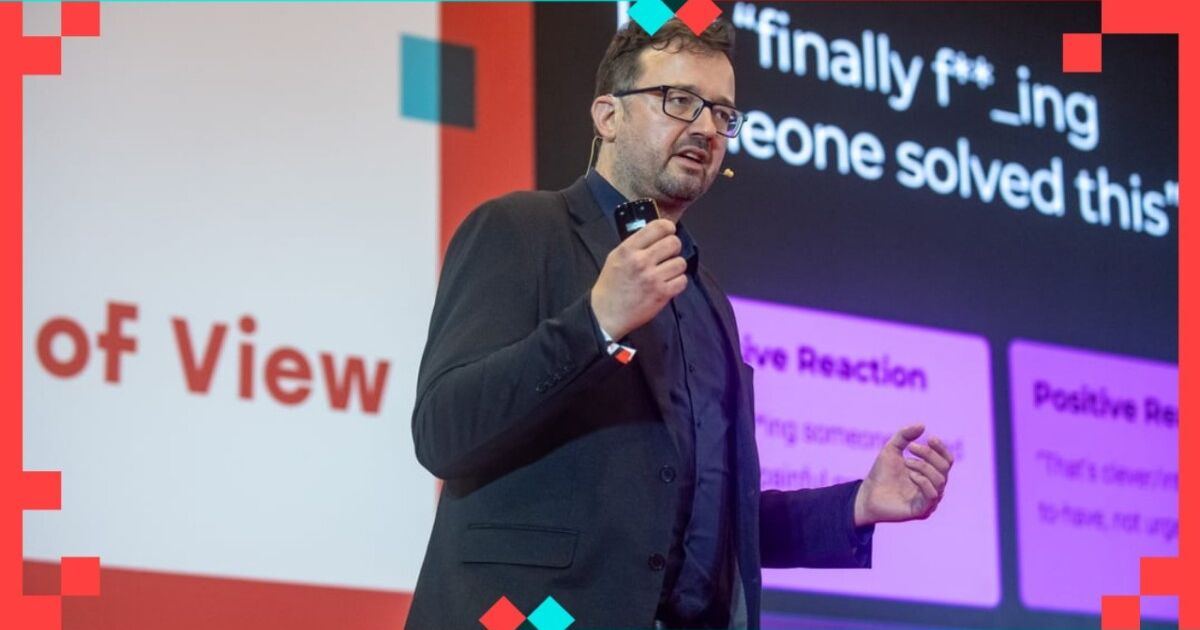VIEW SPEECH SUMMARY
- 90% of startups fail, a statistic unchanged for decades.
- Failure is not mainly due to lack of intelligence, funding, or bad ideas.
- The main cause is founders’ psychological wiring: falling in love with their solution instead of focusing on real customer problems.
- Entrepreneurs have brain chemistry that rewards creating and building (dopamine release), causing addiction to their own solutions and confirmation bias.
- Only 32% of startups fail due to lack of product-market fit; only 8% fail due to technical issues.
- Modern technologies (no code, AI) make creating solutions faster, increasing the risk of building for dopamine hits, not real market needs.
Actionable Insights and Tasks:
- Reprogram your brain through habits: for 90 days, consistently ask customers about every feature before building it.
- Focus on customer problems and empathy rather than your creation.
- Look for the “finally, someone solved this” reaction from users, meaning true excitement—not just “interesting” or “maybe.”
- If the response is lukewarm, consider pivoting, changing the user group, or your solution entirely.
- Target a small group of passionate users and ambassadors before aiming for a large market.
- Avoid emotional attachment to your solution; treat it as a tool, not your “baby.”
- Prioritize real customer problems to avoid costly “wrong marriages” with your product.
- Use research-backed methods to rewire your reward system to become addicted to solving user problems.
Additional Notes on Growth and Market:
- Having a small base of devoted users leads to stronger retention and organic growth.
- Early market size matters less than having users who truly love the product.
- Investors expect big market potential, but convincing a passionate small user group first is critical.
Don't Fall in Love with Your Solution The Psychology Behind Startup Self-Destruction
13:45 - 14:05, 28th of May (Wednesday) 2025 / GROWTH STAGE
This talk explores the powerful psychological forces that cause founders to become fatally attached to their solutions rather than focusing on customer problems. Despite lean startup methodologies emphasizing customer validation, 90% of startups fail—with 42% building products nobody wants.
The neurochemistry of entrepreneurship reveals how dopamine creates both innovation and dangerous delusion. When building solutions, founders experience biochemical rewards similar to addictive behaviors, making objective evaluation nearly impossible. This is compounded by the endowment effect, where we instantly overvalue what we create, and patterns of attachment that mirror relationship styles—anxious founders cling to initial solutions despite market rejection.
Cognitive biases like confirmation bias create information filter bubbles, while sunk cost fallacy makes rational pivoting increasingly difficult as investment grows. Effective countermeasures include Paul Graham's problem-first approach, the Lean Startup's Build-Measure-Learn cycle, redirecting dopamine rewards toward customer success, and the "FFS Test" (will users say "Finally, F***ing Someone solved this!").



